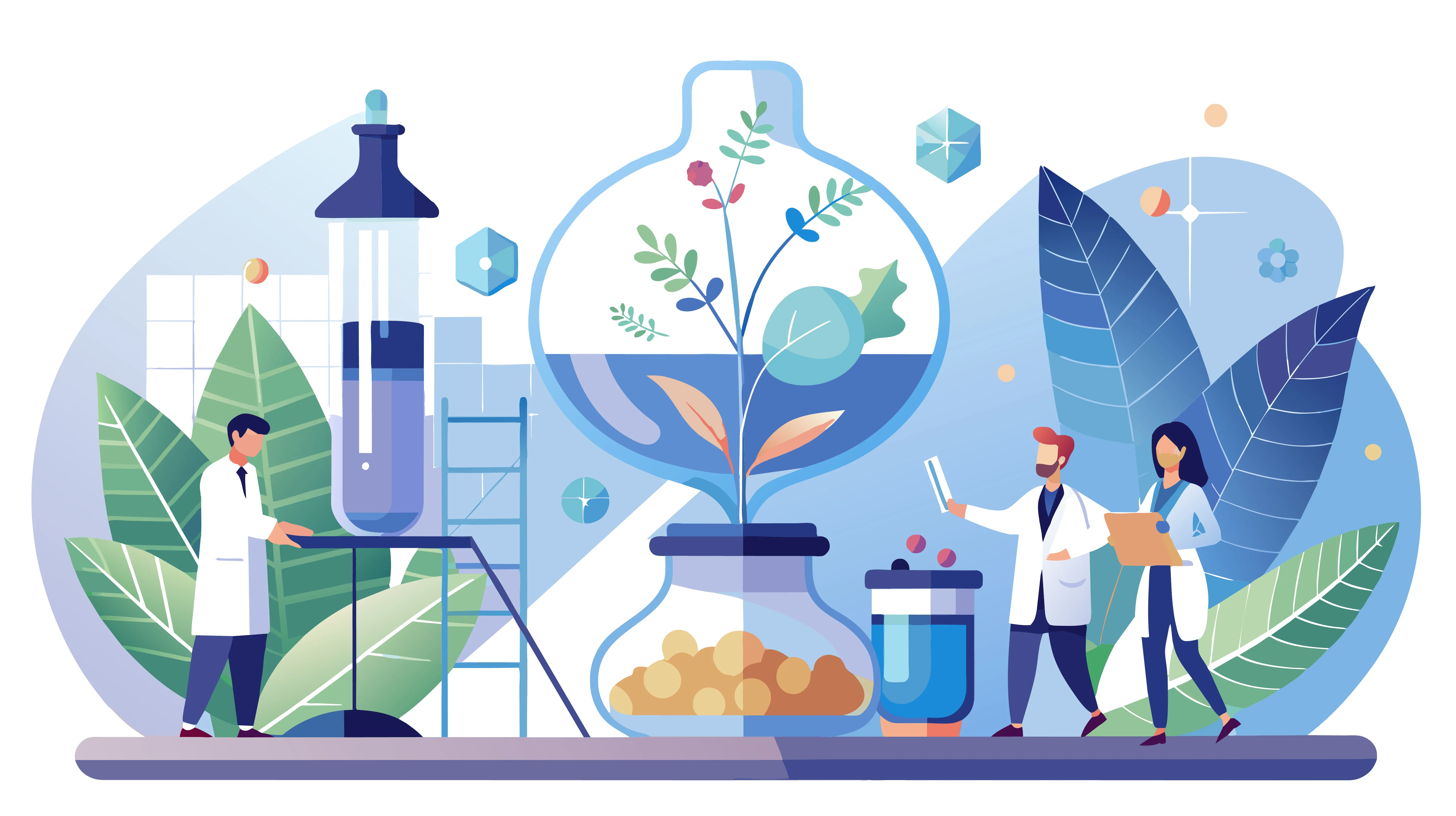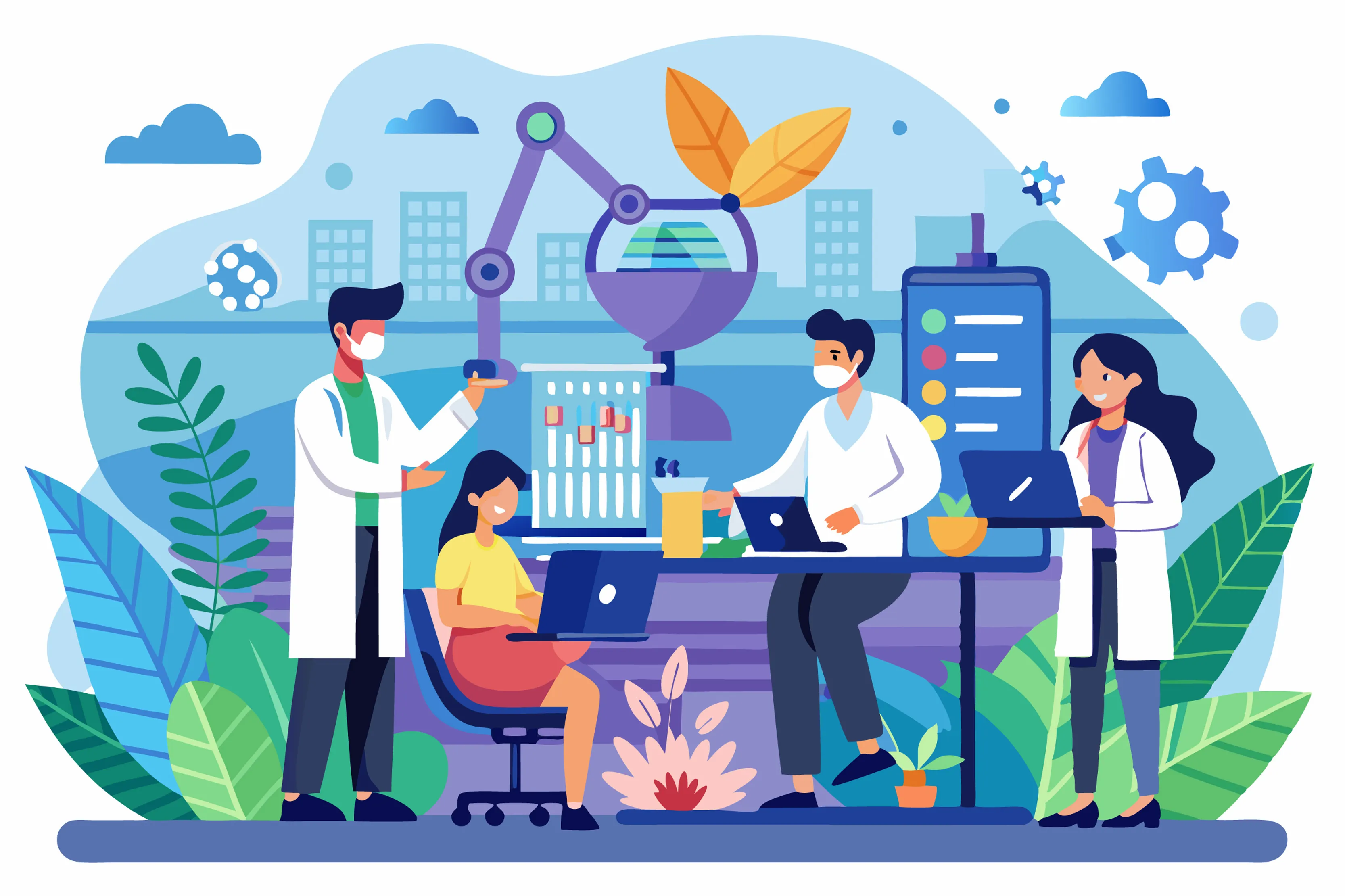In the rapidly evolving landscape of life sciences, one term is reshaping the way we think about healthcare innovation: Translational Medicine. At the heart of World BI’s Drug Discovery Innovation Programme, this paradigm is more than a buzzword—it’s a revolutionary bridge between scientific breakthroughs and real-world therapies.
As global health challenges become more complex and urgent, the pharmaceutical and biotechnology sectors must accelerate innovation. Translational medicine is proving to be the key driver in bridging the gap between bench research and bedside application, transforming drug discovery and development processes worldwide.
What is Translational Medicine?
Translational medicine is a multidisciplinary field that aims to "translate" laboratory findings into clinical applications that improve patient outcomes. It connects basic science, clinical research, and healthcare practice in a seamless loop.
Key Features:
- Integrates molecular biology, genomics, clinical pharmacology, and bioinformatics.
- Encourages collaboration between academia, biotech companies, and regulatory agencies.
- Focuses on biomarker discovery, target validation, and patient-specific therapies.
- Promotes reverse translation, where clinical outcomes inform basic research.

Why It Matters in Drug Discovery
Drug discovery has traditionally been a long, expensive, and high-risk endeavor. Translational medicine optimizes this process by bringing together interdisciplinary knowledge, patient data, and cutting-edge technology.
Transformative Impact:
- Improves success rates by selecting better drug candidates through early biomarkers.
- Reduces cost and time to market by identifying risks earlier in development.
- Enhances precision medicine, enabling tailored treatments based on genetic profiles.
- Speeds up clinical trials through adaptive designs and real-time patient data integration.
Translational Medicine at the Drug Discovery Innovation Programme
At World BI’s Drug Discovery Innovation Programme, translational medicine is a central theme. Through collaborative sessions, expert panels, and technology showcases, we explore how translational strategies are reshaping the pharma and biotech industries.
Highlighted Topics in Recent Editions:
- “AI-Powered Biomarker Discovery in Translational Research”
- “Predictive Models for Early-Stage Drug Validation”
- “Patient-Derived Organoids and Translational Insights”
- “Bridging Academia and Industry for Target Identification”
These sessions bring together thought leaders from research institutions, pharmaceutical giants, and startups to discuss how science meets strategy in real time.
Bridging the Gap: From Bench to Bedside
Traditionally, a chasm has existed between laboratory discoveries and clinical applications. Translational medicine aims to bridge that gap through:
1. Biomarkers and Molecular Diagnostics
- Identify disease states before symptoms arise.
- Stratify patients for clinical trial enrollment.
- Track therapeutic responses in real time.
2. Patient-Centric Research
- Involves patient input in early research stages.
- Prioritizes unmet medical needs and real-world efficacy.
- Encourages diversity in clinical trials for inclusive outcomes.
3. Data-Driven Decision Making
- Leverages real-world evidence (RWE) and electronic health records (EHRs).
- Integrates omics data, wearables, and patient-reported outcomes.
- Supports regulatory submissions with comprehensive datasets.
Case Studies of Success
Several breakthroughs in medicine have only been possible through a translational approach. A few notable examples include:
Immunotherapy in Oncology:
- Translational research in tumor microenvironments led to checkpoint inhibitors like Keytruda.
- Studies of PD-1/PD-L1 pathways transitioned from discovery to FDA approval within a decade.
COVID-19 Vaccines:
- Translational infrastructure enabled rapid vaccine development using mRNA technology.
- Pre-existing research on SARS and MERS shortened timelines for SARS-CoV-2 response.
Gene Therapy:
- Spinal muscular atrophy (SMA) treatments like Zolgensma were accelerated by early identification of genetic mutations and biomarkers.
Challenges to Consider
Despite its promise, translational medicine faces hurdles that require strategic attention.
Current Barriers:
- Lack of funding for early translational stages.
- Data silos between preclinical, clinical, and commercial functions.
- Regulatory uncertainty in approving new technologies.
- Limited workforce training in interdisciplinary skillsets.
The Drug Discovery Innovation Programme addresses these issues by creating a platform for open dialogue, networking, and policy collaboration.
The Future Outlook
As drug development becomes more data-centric, patient-focused, and technology-driven, translational medicine will be the framework holding it all together. With continuous advancements in AI, multi-omics, and digital therapeutics, we expect to see:
What Lies Ahead:
- Seamless integration of real-world data with lab discoveries.
- Expanded use of digital twins for personalized treatment planning.
- Improved access to experimental drugs for rare and orphan diseases.
- Global collaborations to harmonize translational pipelines and policies.

A Strategic Imperative
Translational medicine is not just the future of drug development—it is the now. At World BI, our mission through the Drug Discovery Innovation Programme is to accelerate this evolution by uniting all stakeholders across the research and healthcare continuum.
By breaking silos, fostering partnerships, and showcasing real-world applications, we empower scientists, entrepreneurs, and regulators to transform discoveries into cures. Join us as we continue to innovate, collaborate, and deliver better health outcomes—from bench to bedside.
🔗 Stay Tuned:
Be part of the transformation. Join the upcoming Drug Discovery Innovation Programme and explore how translational medicine is shaping the next generation of therapies.